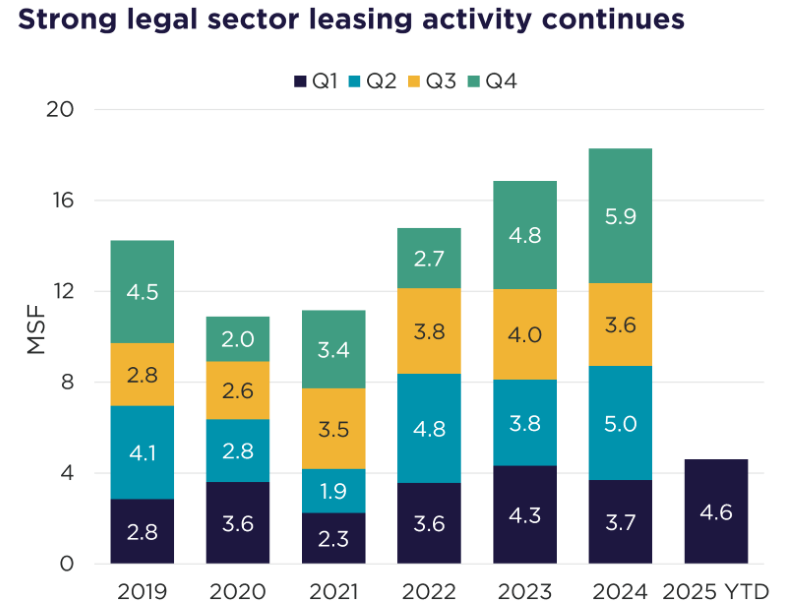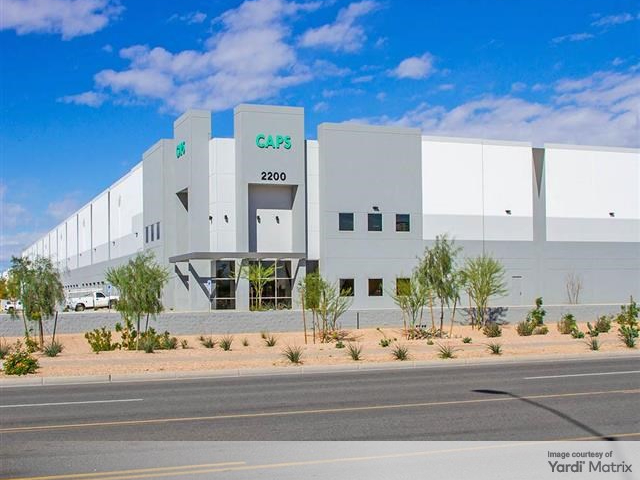In Tough Times, Real Estate Promises Resilience, Say Panelists at NYU REIT Conference
In the midst of a gloomy economic climate, some top executives offered a cautiously optimistic view of the industry’s prospects Thursday at New York University’s annual REIT conference in Manhattan. “I think the housing crisis, and the sub-prime catastrophe, was the best thing that ever could have happened to the commercial real estate industry,” said…
In the midst of a gloomy economic climate, some top executives offered a cautiously optimistic view of the industry’s prospects Thursday at New York University’s annual REIT conference in Manhattan. “I think the housing crisis, and the sub-prime catastrophe, was the best thing that ever could have happened to the commercial real estate industry,” said Martin Cohen, co-chairman and co-CEO of Cohen & Steers Inc., during the morning keynote address. Cohen explained that the credit squeeze put a stop to the unsound financial structures that threatened disaster for commercial real estate finance. In the absence of high leverage that fueled the industry for several years, the low-return environment will persist for the time being, Cohen said. Cohen said he does not expect asset prices to drop markedly, in large part because there is generally no glut of product. A number of REIT-focused hedge funds have closed down recently, but Cohen suggested that hedge funds will be a significant investment vehicle when the market comes back because of their ability to go long and short and deliver high returns in a volatile market. REITs’ relatively low cost of capital and access to equity will make them powerful players when the market returns. However, he doubted that stock buybacks are an effective strategy to jump-start REIT share prices. “In a cash-starved environment, your cash is worth more on your balance sheet,” he explained. Following Cohen’s address, a panel moderated by Goldman, Sachs & Co. managing director Andrew Jonas addressed trends that will shape finance and investment for the rest of the year. “I think it’s important to note that there’s debt available–it’s just available on pretty tough terms,” said Rob Speyer, president of Tishman Speyer Properties. Despite persistent rumors about stock merger deals in the hotel industry, the debt squeeze makes it unlikely, said W. Edward Walter, president & CEO of Host Hotels & Resorts Inc. “I’d be surprised if anything happens in the near term,” he said. Hamid Moghadam, chairman & CEO of AMB Property Corp. lauded the Federal Reserve’s work to stabilize the financial system in the wake of heavy investment bank losses and the failure of Bear, Stearns & Co. “I think the talk of some sensible regulation is good,” he added, but expressed concern that regulation will get politicized. Asked by Jonas why the commercial real estate industry seems to be unworried about the possibility of a recession, Moghadam responded that everyone–including him–is indeed worried. But he added, “I don’t think the wheels are going to come off.”






